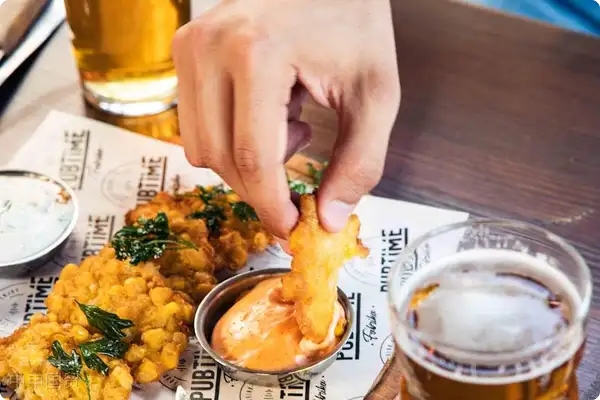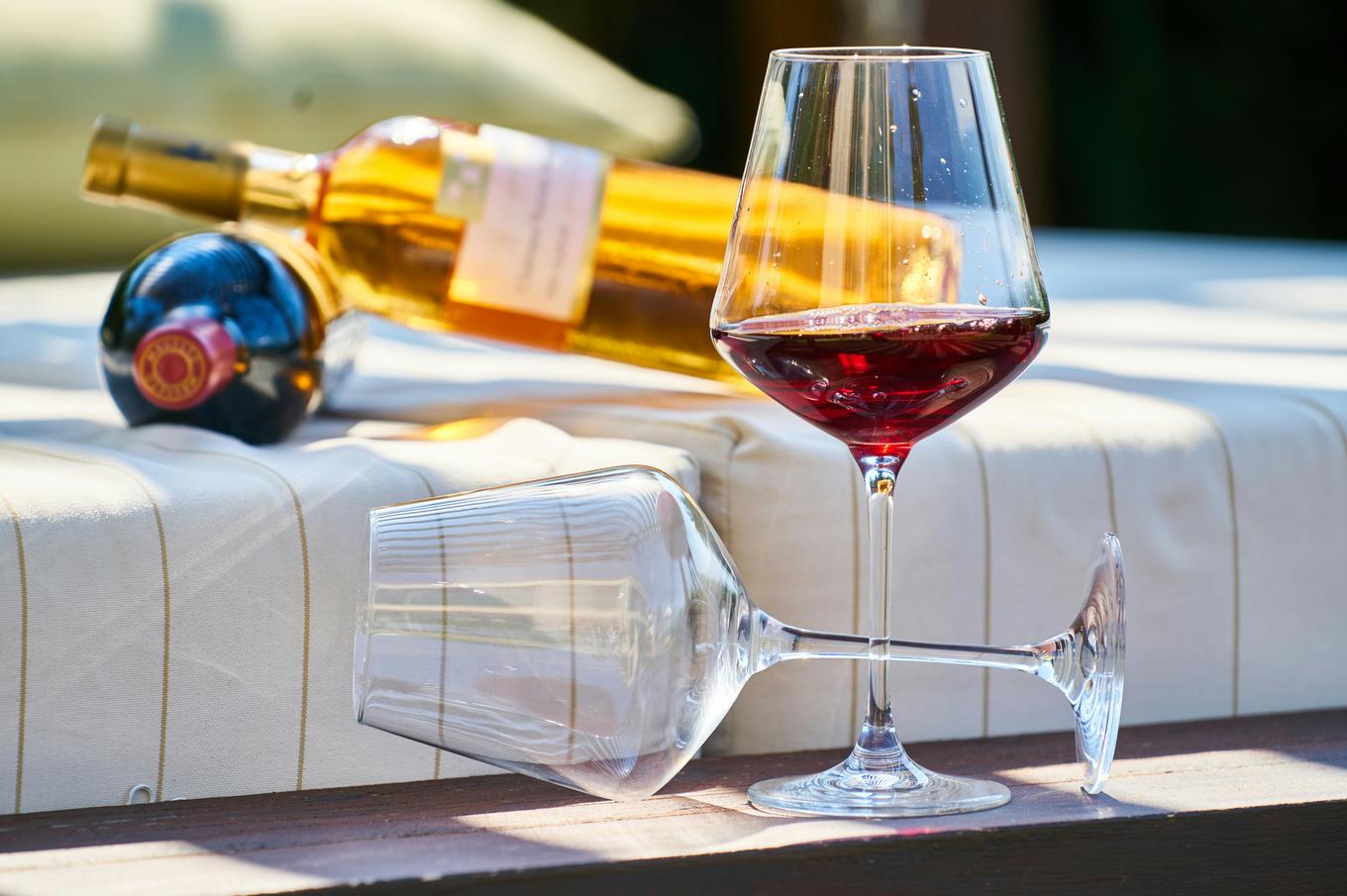- Shanghai Zhongshen International Trading Co., Ltd. – Your reliable partner with 20 years of import/export agency service expertise.

When German Craft Beer Meets China Customs
Last summer, my German client shipped a container of limited-edition wheat beer. When the cargo ship arrived at Tianjin Port, we received a notice of return—the "organic certification" label on the bottle had not been registered. This costly lesson of 800,000 RMB taught me: the pitfalls of importing alcoholic beverages often lie in the details.
Three Cognitive Misconceptions in the Product Selection Stage
- Misconception 1: Focusing solely on alcohol content while ignoring tariff differences.
The tax rate difference between 14° and 14.1° Japanese sake can reach 7%, an invisible threshold often overlooked. - Misconception 2: Blind faith in the "original imported" label.
The "Original Bottle Import" certificate from a Spanish winery lacked Chinese endorsement, resulting in the entire batch of goods being detained by customs. - Misconception 3: Underestimating the Cost of Packaging Compliance
The embossed wine bottles from a certain estate in France have a transportation breakage rate as high as 15% due to the lack of shockproof packaging.
The essential "three certificates and two documents" for customs clearance.
Please keep this file list safe:
- Origin CertificateBook (requires embassy certification)
- Sanitary Certificate (Note the validity period)
- Ingredient Analysis Report (Including Allergen Labeling)
- Chinese Back Label Pre-Review Confirmation Letter
- Record - filing of Imported Food Consignor
Customs clearance cost actuarial table
| Project | Beer category | Wine Category |
|---|---|---|
| Customs duty | 0% | 14% |
| Value - added Tax | 13% | |
| Consumption Tax | 250 yuan/ton | 10% ad valorem duty |
The lifeline of warehousing and transportation
- Temperature monitoring:Italian sparkling wine should be kept at 12-14°C throughout.
- Humidity Control:The storage requirement for Chilean oak barrels is 65%-75% humidity.
- Anti-counterfeiting measures:It is recommended to install RFID electronic tags.
Hidden Dividends of Distribution Channels
Recently, the premium supermarket channels we helped clients develop have achieved a profit margin 8-12 percentage points higher than traditional channels. The cross-border bonded exhibition and trading model can increase the capital turnover rate by 30%.
Practical Case: Breaking Through the Australian Wine Market
A new client in the industry imported Australian Shiraz, and we helped them reduce costs and improve efficiency through three steps:
- Adjust the declaration unit: Change from "carton" to "liter" to save 3.7% in tariffs.
- Optimize transportation plan: Direct China-Australia shipping + domestic rail intermodal saves 12 days.
- Make the Most of Free Trade Agreements: Provide Proof of Origin Cumulation Rules
Having been immersed in this industry for twenty years, I have always believed that goodImport Agent ServicesNot just a logistics intermediary, but a business partner capable of foreseeing risks. Next time you receive a quotation from an overseas winery, you might as well ask three questions: Is the Chinese back label compliant? Can the transport packaging withstand 60 days?Maritime transport? Does the target market have any special certification requirements? The answers to these three questions may determine the fate of the entire batch of goods.
Related recommendations
- How to Avoid the Five Major Risks in Customs Clearance for an Entire Container of Red Wine?
- Is it easy to be an export red-wine agent? A 20-year veteran foreign-trade insider gives an in-depth analysis
- How to Choose a Compliant Export Wine Agent? 2025 Latest Policy Interpretation
- Shanghai Red Wine’s Export Code: Foreign-Trade Wisdom Aged in Oak Barrels
- How to Quickly Launch a Wine Export Agency Business? These 9 Key Questions Must Be Mastered!
? 2025. All Rights Reserved.










